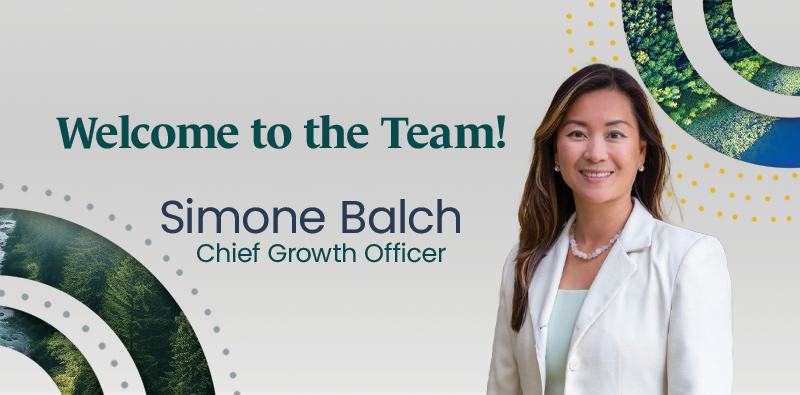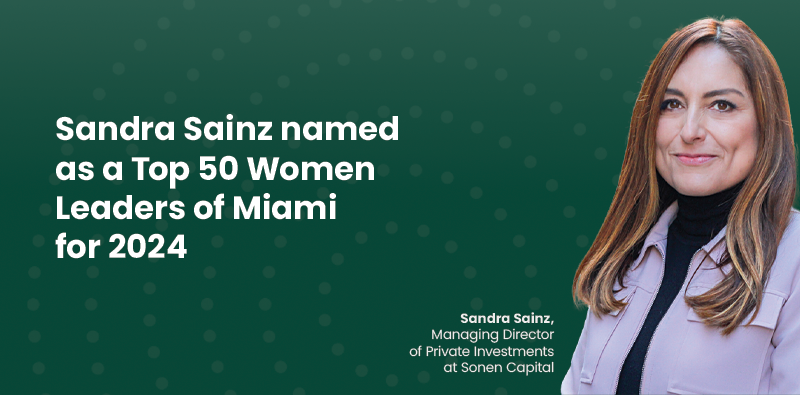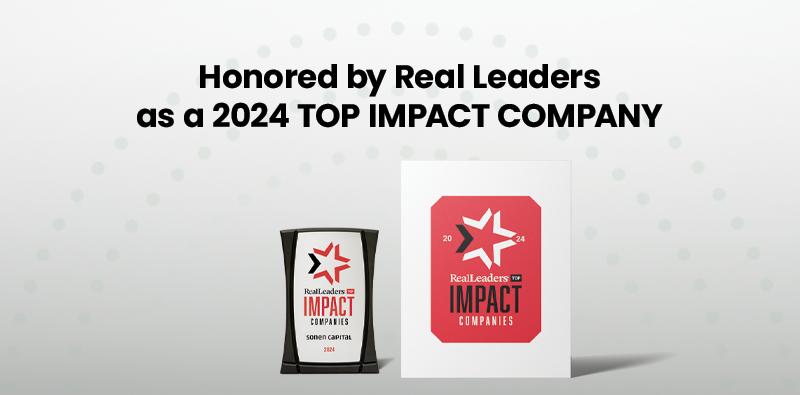Presidio Graduate School, By Joshua Newman
November 15, 2012
Sonen Capital and the impact investment business are logical fits for me. For a variety of political, socio-economic, and environmental reasons, the interplay between public and private finance is increasing. With no shortage of social challenges, and growing societal and investor interest in sustainability, impact investing is set to flourish. At the same time, this sector of financial services is trying to define itself amidst complex marketplaces of products and personalities. Investors and managers alike are seeking standardization and quantification of both financial and non-financial benefits to society. Conscientious managers are hoping to redirect flows of financial capital to more socially and environmentally productive uses. These tricky issues are precisely those that I wrestled with during the latter half of my Master of Public Administration (MPA) program at Presidio Graduate School.
My Introduction to Sustainable Finance
While working toward my MPA, I coauthored a paper with two other students detailing a new model of debt issuance for small and medium-sized municipalities to fund their climate change action initiatives. I’ve become so invested in the project that I am continuing to develop the model with one of the coauthors. Climate Action Bonds (CABs) will function much like traditional fixed income debt instruments; however, we seek to allot a portion of each sale for “citizen-investors” to invest directly in their communities. By fostering a community-focused ethos around the financing of climate action initiatives, these bonds could generate political goodwill and financial capital for environmentally themed infrastructure projects, while still attracting the financing capacity of institutional investment partners. We recommend that municipalities form CAB clusters—consisting of several issuing entities—and sell debt through regional financing bodies or state bond banks to reduce issuance costs. While this is an innovative financing vehicle that may interest a firm such as Sonen eventually, I had several reasons for wanting to join their team. Fortunately my interests align well with Sonen’s needs.
The Experience and the Work
My first request upon commencing my internship was that I receive exposure to as much information as possible. Sonen is a dedicated asset manager offering socially and environmentally impactful products through a fund of funds model. As such, the impact investment professionals at Sonen spend a great deal of time working directly with individuals—clients, fund managers, and consultants. I have been fortunate enough to work closely with a number of the Sonen team, as well as participate in fund manager meetings and research conference calls. I came from an academic background in municipal capital markets, so the exposure to public equities, real assets, and alternative investments was exactly what I wanted. The Sonen team has been welcoming, supportive, and generally excellent to work with. They are deeply knowledgeable about finance and highly motivated to reallocate more capital for impact.
Sonen also needed additional research capacity on their fixed income side, and I was able to participate in exploration of new assets and companies that offer environmental, social, and governance (ESG) screening research on sovereign and supranational bonds. ESG screening is a complex research field that requires critical, fundamental research and an enlightened view of non-financial inputs and outcomes. I’ll touch upon screening again briefly. Additionally, Sonen is conducting due diligence on managers who might be eligible for inclusion in the portfolio. Without a background in trading or asset management, I had a lot to digest (and still do), and learning the due diligence process has been fascinating. I am currently writing a due diligence report for Sonen on a fund manager, and this is another in the set of skills I can now take forward in my career.
Moving Forward
Impact investing is undergoing some of the growing pains of a nascent industry. Many new fund managers have long track records in traditional investments, which prove their financial management capabilities, but ESG managers are challenged by nonexistent or insufficient sustainability data. Impact investment managers will benefit from increased corporate and sovereign transparency. Indeed, as acceptance of these investments grows, asset managers will likely find it among their fiduciary responsibilities to conduct meaningful ESG screening on potential allocations. Importantly, investors and managers see the opportunities.
The opportunity to work at Sonen has been fantastic. I highly recommend this business for motivated, thoughtful people compelled to deliver social impact by scaling up capital investments in sustainability initiatives.
See full article on the Presidio Graduate School blog.


